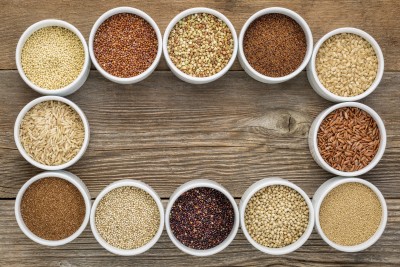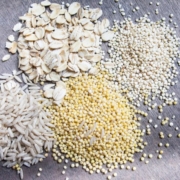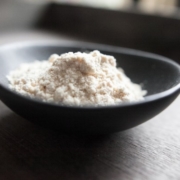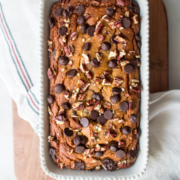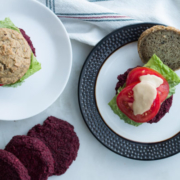The term “gluten-free” seems to be all the rage these days, and like plenty of the other fads that have come before it – and plenty that will come after – way too many people buy into it without really understanding why. They hop on the train without actually considering what the advantages or consequences might be…
Despite the popularity of gluten-free foods these days, a very small percentage of the population actually has a physiological aversion to these protein found in wheat, barley, and rye – and therefore, most breads, dough, beer, and a host of other consumables.
Some people suffer from celiac disease, an inherited autoimmune disorder, while others may suffer from less severe “gluten intolerance” or “non-celiac gluten sensitivity.” These conditions, though, are rare – and don’t account for the mass popularity that the gluten-free trend has seen.
Suddenly restaurants, food manufacturers, diet creators, and people of all walks of life seem obsessed with this idea of removing gluten from the foods we eat – but do they really know what they’re doing? And perhaps more importantly, what are the consequences?
For one, gluten-free doesn’t automatically equal healthy, and that’s the mistake that far too many people are making. A food of any kind can be 100% gluten-free, and still be terrible for you. Bacon is gluten-free. Snickers bars are gluten-free… It doesn’t, however, make the candy bar a health food. The terms aren’t even remotely synonymous – plenty of healthy foods contain gluten, and plenty of unhealthy foods don’t.
The next problem affects even more people who don’t actually have any form of gluten sensitivity (even if they think they do). When alternate versions of products are made with a key component removed, it has to be made up for somewhere else. Just like the “diet” and “sugar free” foods that are loaded with unhealthy extras, gluten-free foods of the packaged variety often contain excess sugars, refined carbohydrates, and other highly processed ingredients that can lead to weight gain (not to mention their subpar nutritional value).
Now, it’s one thing if you have diagnosed gluten sensitivities, but otherwise, there’s really no significant advantage to a gluten-free diet. It’s mostly hype and fad, carried over from some very legitimate and very specific dietary concerns. Most gluten-free diets end up overloading on starches, simple sugars, and carbs.
While it is true that some people experience some improvements in digestive health, lose some weight, and feel more energetic after switching to a gluten-free diet, it’s important to pay attention to the other dietary changes that might be happening…
If a gluten-free diet is cutting out breads and other grains – and with it, some unhealthy foods that those grains are a part of – perhaps it means eating more fruits and vegetables, perhaps it means consuming more lean protein… Health improvements likely aren’t just from removing gluten, even if that’s the easiest change to identify. Even placebo effect can make a difference.
It all comes back to knowing what you’re putting in your body, and not just falling victim to the latest trendy thing. There are elements of truth to all the fad diets, but that doesn’t make them totally accurate or totally reliable. If you want to go gluten-free, that’s just fine – but make sure you’re not replacing good gluten foods with unhealthy gluten-free alternatives. Don’t let the fad fool you into compromising your health!

